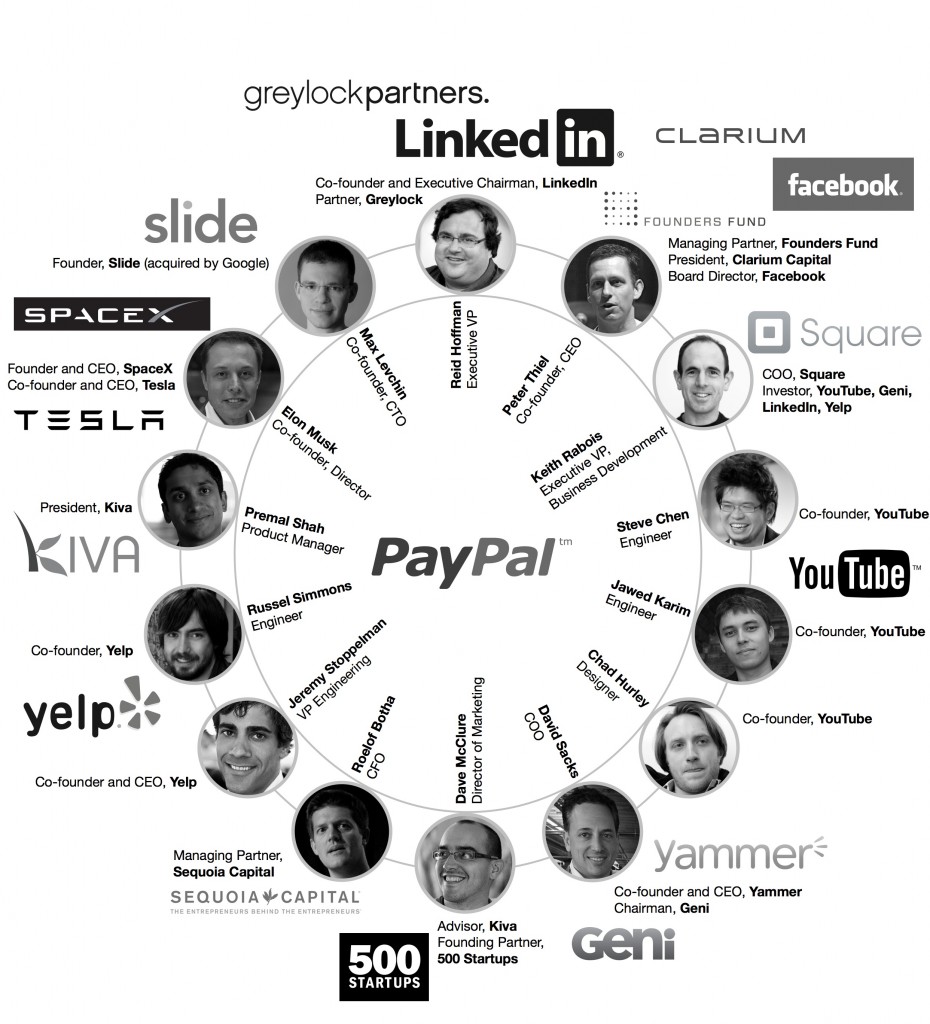COMMENTARY: "Manage your career as if you are a start-up."
Writing for Lessons on Leadership, a new series hoping to inspire the next generation of Singaporeans through the stories of Singapore’s many successful business leaders and entrepreneurs, our contributor Abel Ang shares his top career advice for young Singaporeans entering or who are in their early years in the workforce.
Abel Ang is the chief executive of a medical technology company and an adjunct associate professor at Nanyang Business School.
“Get a degree in a sunrise industry, the future is bright”: one of the worst pieces of career advice I ever received. Nanotechnology, synthetic biology, and fintech are some of the fads that have come and gone.
Such advice of the “future is bright” variety is usually given without much consideration to the interests, personality, and temperament of the recipient.
Is it any wonder that half of Singapore's new entrants to the workforce want jobs outside their fields of study? I suspect many of these followed well-meaning “sunrise industry” advice. And I apologise if you happen to fall into this category of people, but as far as I’m concerned, choosing to follow this type of advice is about as wise as drinking day-old bubble tea left on the kitchen counter.
By the time someone has graduated with a bachelor’s or post-graduate degree in a topic, the target sector may be in the doldrums, having fallen out of favour with investors and consumers.
Since we’re talking about career advice, my take is what constitutes good or bad career advice depends on the person receiving it. Good advice should be like a well-tailored shirt — it should fit the person for whom it is intended, and bring out the best in the person’s features, talents, and attributes.
Manage your career as if *you* are a start-up
When someone approaches me for career advice, my first response is usually to have them read the bestselling book The Start-up of You, co-authored by LinkedIn co-founder Reid Hoffman. Its core premise is that an individual should manage their career as if they are a startup, and that they should not wait until they have been fired before searching for the next job.
Hoffman describes the book as a “blueprint for thriving in your job and career in today’s challenging world of work,” where technology and globalisation are decimating traditional career paths and disrupting industries.
Since I am getting old, I have developed a method of cheat sheets to help me remember important lessons from books. My cheat sheet of takeaways from Hoffman’s book can be summarised in the acronym “SIGN” – an action I associate with landing a new job, given the myriad of employment, medical, and insurance documents that need to be executed before someone joins a new company.
And what does SIGN stand for? Skills, Invest, Grow and Network.
1) Skills
Specifically, keep arming yourself with useful and relevant skills in your field. Focus on skills that are aligned with your personality and talents, and which have value in the industry of your choice. The advice goes beyond a simplistic recommendation of an in-demand skill that will magically give you the job and career of your dreams. If you don’t already know this, you should absolutely keep learning, even after graduating from school, and prioritise jobs and skills that offer you the greatest learning potential.
In the same way that startup companies are obsessed with customer feedback for their product, the recommendation is that you should stay in touch with your respective sector to understand what skills will make you attractive and competitive in your chosen marketplace.
2) Invest in yourself.
The book recommends that you invest in and build a personal brand that is independent of the company you work for.
You could do this by building a presence online to share your professional achievements, and/or engage with industry-specific platforms to contribute articles, and/or conduct talks to raise your standing within the professional community you are part of.
Here’s one easy way to assess your personal brand value: Google yourself. In a world where lifetime employment in one company is no longer a given, personal brands come in handy when there are limited opportunities for career advancement at your current company, or when one is looking for a change of scene, pace or location. Having a personal brand energises and makes this change decidedly less stressful because your resume is always updated.
Other aspects of self-investment include
- setting aside a personal budget to pick up the skills that you want to develop, and
- buying coffee or meals with interesting people who can be of assistance in helping you achieve your career or learning goals.
3) Grow constantly.
Growing constantly means to keep your eyes constantly open to opportunities, and your mind curious about the industries around them.
In the same way that startup founders are looking for gaps in markets that they can provide solutions to, individuals that treat themselves like startups are always hunting for professional opportunities to grow themselves or their networks.
For a young person, this could take the form of attending industry-related events or volunteering in an industry association to expand one’s network and knowledge of the space they are in.
The book recommends that people live like their “life is in permanent beta”. This describes the mentality of a person in continuous growth mode. In the same way that a startup’s software goes through a beta phase to improve and meet the needs of the market better, the permanent beta concept indicates that the work of personal growth is never over.
4) Network.
According to the Hoffman: “The people you spend time with shape who you are and who you become… the fastest way to change yourself is to hang out with people who are already the way you want to be.”
The lesson here is not about handing out your name cards outside the nearest MRT station, and hoping for the best. It recommends that people start with networks they have a connection with from school, university, or where you have worked previously. Feed and nurture the network, and it will pay dividends when you need it to.
 Graphic via The Start-up of You website
Graphic via The Start-up of You website
An example of a great network is the PayPal mafia. The alumni of people who worked at PayPal have gone on to become founders and CEOs of companies like YouTube, Tesla, SpaceX, and Yelp. Each person in the collective continues to nurture their network and connections, by referring things to each other, sharing resources, and investing in one another’s companies.
Looking for employees that SIGN
As the CEO of a high-growth medical device company that employs 1,000 people around the world, I’ll tell you that I’m always on the lookout for talent that can help us enhance our growth. One of the things we look for in potential hires is evidence of “SIGN”.
We are not threatened when our colleagues take pride in their work and post their achievements on social media. I often celebrate with current and past colleagues, and am genuinely happy for them to celebrate their successes publicly, as long as company confidential information is not shared online.
We continue to nurture the alumni of people that have worked with us and are trying to build our own version of the PayPal mafia. We keep in touch with those who want to stay in contact, because it gives us an opportunity to journey with them as they seek to reach their full potential.
When people circle back to me after reading The Start-up of You, I often tell them that they need to discern their own paths. I ask them to avoid cliches, buzzwords and glib advice – and to seek authenticity and resonance with what they want in their own lives.
And so here’s my parting shot: Whether you are 21 or 60, you can still function like a start-up. It’s never too late to start becoming the entrepreneur of your own career.
Top photo via Anthony Young/Unsplash
If you like what you read, follow us on Facebook, Instagram, Twitter and Telegram to get the latest updates.
